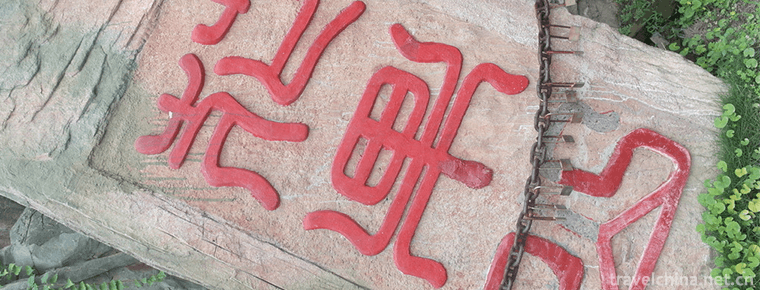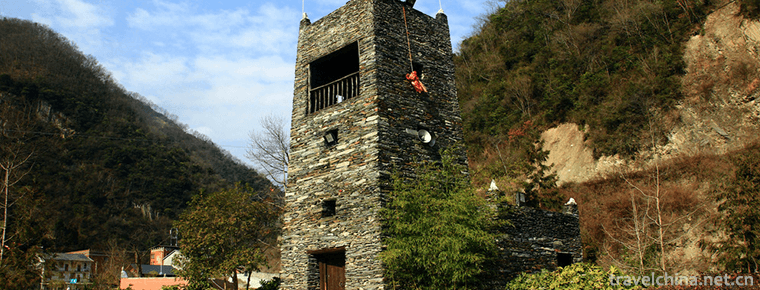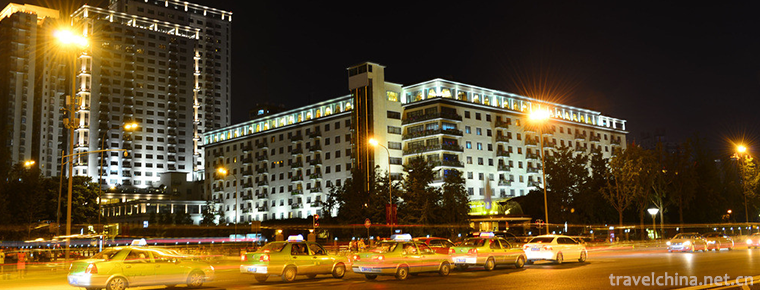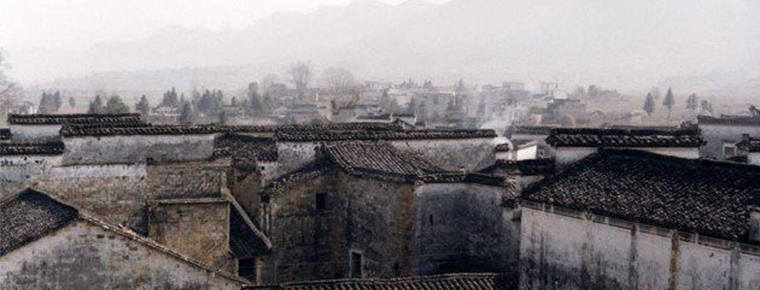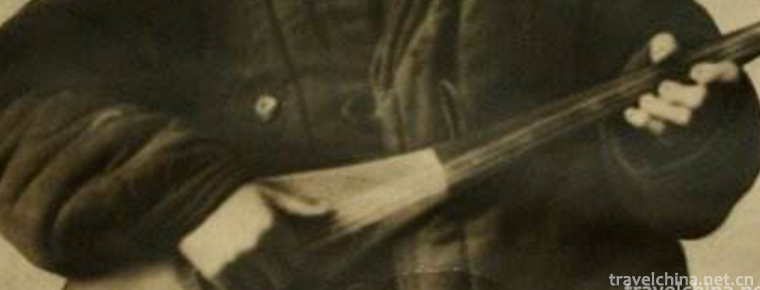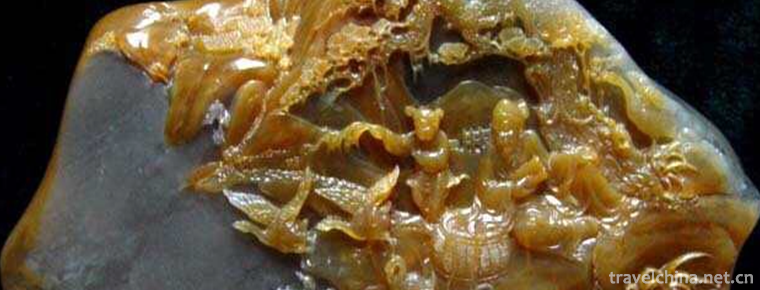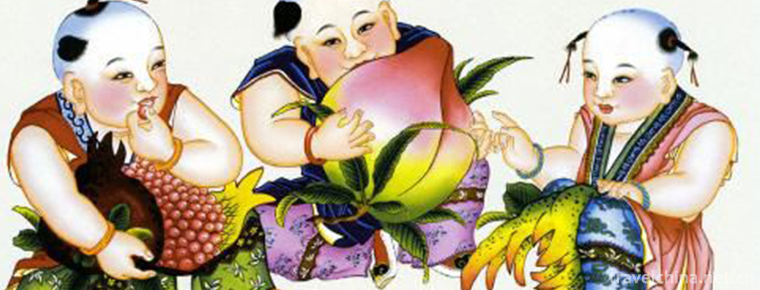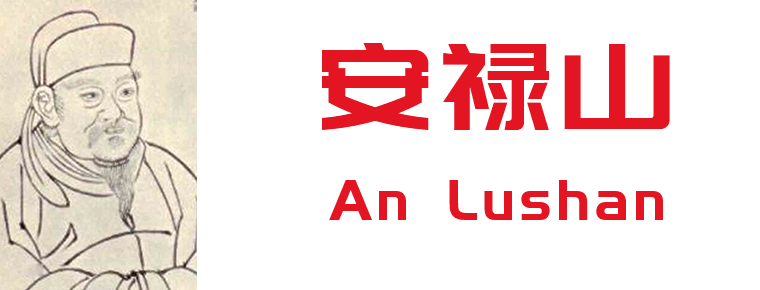Sichuan Book Review
Sichuan Book Review
Sichuan commentary, also known as vernacular speech and commentary, is one of the traditional operas in Sichuan Province. It is popular in all parts of Sichuan and Yunnan and Guizhou. The performers tell stories in Sichuan dialect with one table, one folding fan and one waking wood. Shooting a reminder wood before the speech can remind the audience and set off the atmosphere. Folding fans are used as analogous objects.
On May 23, 2011, Sichuan appraisal was approved by the State Council to be included in the third batch of national intangible cultural heritage list.
Historical Origin
Sichuan commentary originated from the Tang Dynasty's "talk" and Ming Dynasty's "comment" and flourished in the Qing Dynasty. After Xianfeng, Sichuan's book-reviewing flourished for a time. Zhong Xiaofan and Dai Quan were famous artists of book-reviewing.
According to "Chengdu Tongjian" records: the earliest Sichuan Book Review was to set up a shed in the city, and put a lantern in the form of "Book Review" on the stage. The storyteller raised the folding fan and stepped back, telling the story of the confrontation between generals and generals, the confrontation between the two armies, the shouting and fighting, and the short fight and arrest, giving people the feeling of a bone-and-bone explosion.
Sichuan has a long history of book reviewing, with a large number of talented people, and is known for its local language characteristics. Because of the difference of the way of writing and the way of expression, there are "clear shed" and "thunder shed". The Qingpeng mainly talks about smoke powder, legends and other amorous stories, emphasizing on literary discourse, paying attention to elegant conversation and moving feelings. "Qingpeng" is a basic skill for literati to engage in storytelling, with no formula and emphasis on literary grace, stressing "voice, talent, debate and broad knowledge", emphasizing "cadence, fluency of speech", "inversion, quick thinking", "painting voice and color, speeches and swords", "wide-ranging, trustworthy and handy".
Lei Peng mainly talks about history and Golden Golden Horse bibliography, focusing on the martial arts, pay attention to imitative description. The golden drum cannon and the whistling of horses and tigers are expressed by the artist's mouth, so that the audience can hear their voices. Leipeng artists also have martial arts books specializing in such things as Park's knife, rod and stick. In addition, there is a school that combines "Qing" and "Lei" in one furnace, which has both civil and military skills. It has a wide range of books and compiles some bibliographies of modern and modern life. After the founding of the People's Republic of China, Sichuan Book Review also developed a form of rhyme book review, narrating stories in rhyme, reciting intonation in performance, catchy. The short bibliographies reflecting modern life, such as "Cold Gun War", "Battle in Heaven" and "Heroes on Mount Mira", etc.
In the 1950s, Sichuan calligraphy artists created a short and succinct "rhyme review book" to tell stories in rhyme. In the 1960s, critics and professional writers adapted a number of revolutionary novels, such as "Red Rock", "Defending Yan'an", "Fire King Kong", "Lin Haixueyuan" and "Plain Gun Sound", into commentary stories and successfully quoted them. Li Boqing, a representative figure of modern Sichuan's book reviews and a master of folk music and art, has created a new form of storytelling on the basis of traditional book reviews, namely "Sanda book reviews" quotation. The famous actors of Sichuan Book Review include Wang Bingcheng, Zhong Xiaofan, Fu Pingchuan, Tang Yulong and so on. Xu Xun, a famous commentator, won the audience's praise for his excellent performance art of "strong hands, eyes, body and steps".
Sanda Review
Since the Tang and Song Dynasties, book reviews have gradually flourished and become one of the most important ways of entertainment and leisure for Chinese people after tea and dinner. In the 1980s, book reviews made another brilliant achievement. "Everywhere there are wells, listen to Dantianfang." At that time, book reviews were just like today's popular songs. However, in the 1990s, with the increasing abundance of popular entertainment, fewer and fewer people listened to book reviews, and the art of book reviews began to decline.
However, in Sichuan, the pace of commentary leaving the people seems to be slowing down. The reason is that in the late 1990s, the reform of commentary took place in Chengdu. The originality of Li Boqing's Sanda commentary spread all over Chengdu streets and alleys. The emergence of Li Boqing made the commentary of Sichuan revitalized, making the commentary of Sichuan "go up against the current" in the declining tide of commentary. For a time, the phenomenon of "Li Boqing" became the media. Topics studied by experts.
Compared with traditional reviews, the greatest contribution of Li Boqing's Sanda reviews lies in the innovation of the content of the reviews, which is closer to the times. Many passages are directly derived from real life. This innovation, which is close to reality, life and the people, has also made new development of Sichuan's reviews.
Speaking of Sichuan Book Review, maybe everyone will have a tall, thin body, prominent cheekbones, small orbital triangle eyes, a small beard, a bright forehead man, he is Li Boqing, a person who pushes Sichuan Book Review to the end of the street through innovation. Many Chengdu people say that only Li Boqing can represent the "vulgar" culture of contemporary Chengdu. Chengdu people like this thin, tall man who is in high spirits when he talks. Since 1994, when Li Boqing began to talk about Sanda Reviews, people still like to hear him say Sanda Reviews for more than ten years.
Li Boqing inaugurated the era of "Sanda Criticism"
Li Boqing's Sanda is "keeping pace with the times" and the WTO is a hot spot. He Sanda WTO and Sanda SARS during SARS. In the Spring Festival of 2005, Li Boqing also launched the "Twelve Zodiacs of Sanda" on Sichuan TV. In the program, he no longer played alone, but also the Sichuan version of the "Twelve Woman Music Square" - the folk music group "Jincheng Silk Tube and Shuyue for Women", which played the tailor-made "Twelve Zodiac Songs" for the program, and the beautiful women came on stage to dance with Li Boqing. People who often listen to Li Boqing's storytelling and commenting find that the forms of Li Boqing's storytelling are becoming more and more diverse.
Li Boqing loves to receive his apprentices. Several of his apprentices are hosts of prime-time TV stations in Sichuan, such as Liao Jian, Dingdang and Min Tianhao. Liao Jian is an apprentice who used Li Boqing's Sanda storytelling to live and learn. He founded the "trump rap" form on the basis of Sanda storytelling. Liao Jian, dressed in hip-hop on the stage, has a mouth, and the popular rhythm of RAP is: "Don't make noise with your baby, don't make noise with your baby, and I'll blow your baby up with a hard fight on the table." Liao Jian inherited and developed Li Boqing's classic "Sufen" and "Ha Su Dun", and composed them into songs: "That day you eat cold powder on Chunxi Road, I chew hoof flowers beside you... We two beat haha'er and take you around the South River. At one time, "Sufen" became the most popular folk song in Sichuan.
Liao Jian also had a brother named Lu Pin, who was the creator of "Dialect Animation" popular in Chengdu in 2004. In February 2004, Lu Pin planned the Sichuan dialect version of Cat and Mouse: Tom Kitty's name is "fake sophisticated", and Jerry Mouse's name is "windmill". "Fake sophisticated" and "windmill" have become a pair of tit-for-tat friends in the dialect version. Cat and Mouse sold 200,000 sets in Sichuan as soon as it went on sale. It also directly set off a domestic trend: Northeast dialect version, Henan dialect version, Lanzhou dialect version...
Content Innovation
Unfortunately, such a good day did not last long. Li Boqing chose to leave Chengdu for Chongqing when his Sanda Review was in full swing. Sanda reviews show a downturn. Some people attribute the reasons to Li Boqing's departure and lack of heirlooms. However, this is not the key to the problem. Even though Li Boqing has returned to Chengdu, he has also trained several proud students, but now Sanda reviews are not the same as before, and it seems that Sichuan reviews can not escape the fate of traditional reviews. Today, in addition to Li Boqing's continuing adherence to Sanda, another master, Luo Shizhong, has been sticking to the traditional local commentary.
Content innovation once revitalized Sichuan's book reviews, but content innovation alone could not make Sichuan's book reviews achieve sustainable development. To give vitality to the evaluation, content innovation is only on the one hand, on the other hand, it is still in the use of modern communication methods and marketing means. Relevant experts said that in order to form a healthy industrial chain for the development of cultural industry, the most important thing is the modern marketing concept and talents. The prerequisite for the development of traditional culture is to support the excellent content as the first step, but the content alone can not maintain the sustainable development of cultural industry, as seen from the National situation.
Performing Features
Sichuan Book Review is based on Sichuan dialect. The epidemic areas are all over Sichuan urban and rural areas. Because of the similar pronunciation, they also spread to Yunnan and Guizhou provinces. Sichuan has a long history of book reviewing, with a large number of talented people, and is known for its local language characteristics. Because of the difference of the way of writing and the way of expression, there are "clear shed" and "thunder shed". The Qingpeng mainly talks about smoke powder, legends and other amorous stories, emphasizing on literary discourse, paying attention to elegant conversation and moving feelings. Lei Peng mainly talks about history and Golden Golden Horse bibliography, focusing on the martial arts, pay attention to imitative description. The golden drum cannon and the whistling of horses and tigers are expressed by the artist's mouth, so that the audience can hear their voices. Leipeng artists also have martial arts books specializing in such things as Park's knife, rod and stick. In addition, there is a school that combines "Qing" and "Lei" in one furnace, which has both civil and military skills. It has a wide range of books and compiles some bibliographies of modern and modern life. Since the founding of the People's Republic of China, Sichuan's book reviews have also developed a form of rhyme reviews, in which stories are narrated in rhyme and recited intonations are used in performances.
Li Boqing's "Sanda Criticism", which is not rigid in form and rich in content, uses the way of setting up a dragon gate array, bragging and other ways to talk about things in an informal way, and uses his keen observation of social dynamics and vivid analysis with critical spirit to make humor popular and popular in Southwest China, which is very close to the life of citizens.
Bibliographic Introduction
The traditional bibliographies of Sichuan's book reviews are extremely rich after the accumulation and artistic processing of artists in past dynasties. They are divided into "ink book" and "article book". Mohist books are bibliographies adapted and performed according to romances and novels, including Three Kingdoms, Water Margin, Sui and Tang Dynasties, Bao Gong Case, Ji Gong Zhuan, Liaozhai, Shuo Yue Zhuan, Wen Wu Bang, etc. Articles are bibliographies created by artists, including "Wang Sanhuai opposes Dazhou", "Jinji Furong Tu", "Tie Xia Ji" and so on. There is also a "Chongqing Ancient Stories" set against the background of the War of Resistance Against Japan. After the founding of the People's Republic of China, many new bibliographies adapted from modern fiction were performed in Sichuan, including Lin Haixueyuan, Plain Gun Sound, Red Rock and Wang Ruofei in Prison.
Modern Famous Scholars
old gentleman
Mr. Xu Xun is the first surviving commentator in Sichuan. He is the winner of the Peony Award for Lifelong Achievement of Chinese Quyi. He enjoys the special allowance of the State Council. He is the only master in Sichuan commentatory who has won so many honors for his achievements.
Mr. Luo Shizhong, who is active in Chengdu, and Mr. Zeng Lingdi, who is active in Chongqing, are also writers in Sichuan, both of whom have their descendants, but they can not recover the decline of Sichuan's writings.
Mr. Li Boqing opened up a new way of Sanda Review from Sichuan. Although Zeng Hongji was famous for a time, no one could inherit his art.
Cenozoic era
In the new era, Sichuan's book reviews are also difficult to overcome. Moreover, because of its high quality requirements for artists, there are few outstanding young generations. Mr. Yuan Guohu, a disciple of Xu Xun, is the only surviving successor of Sichuan's book reviews in the younger generation. He has excellent skills and profound knowledge. Because he studied Sichuan Opera from an early age, his style of book reviews is very popular, and his teacher has "strong hands, eyes and body". The essence of "step by step" is the future star of Sichuan's book reviews.
Inheritance Significance
Some of the old commentators called Awakening Wood "Insight", which is to arouse people to distinguish good from evil, to persuade people to learn well, not to go to the bad, not to do bad things. Inheritance and development of the art of book evaluation, praise the truth, goodness and beauty. Traditional quyi art first needs to point to the deep spiritual appeal of real life in the script creation. By creating a full and moving artistic image, it can lead the social value trend and the emotional sustenance of the people, and use high-quality efforts to carry forward the theme of the times.
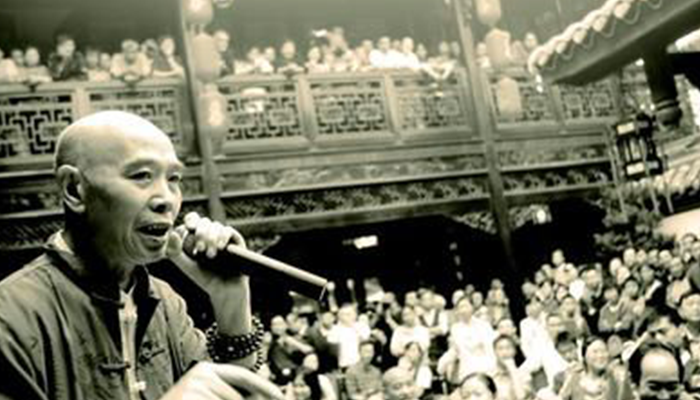
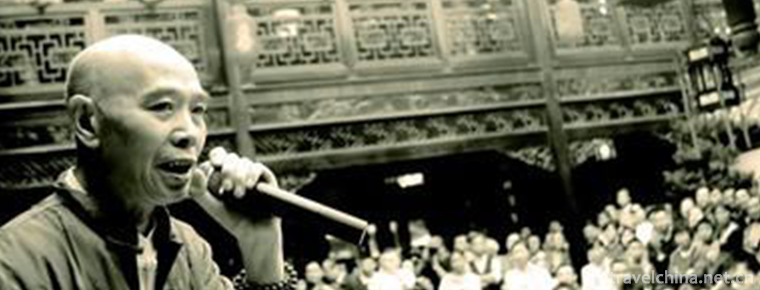
Sichuan Book Review
-
MountHuaguoshan
Mount Huaguoshan (Lianyungang Huaguoshan Scenic Area) is located at the middle foot of Nanyuntai Mountain in Lianyungang City.
Views: 302 Time 2018-12-06 -
Qiangcheng Tourist Area Beichuan
Mianyang Beichuan Qiang Town Tourist Area is located in Beichuan Qiang Autonomous County, northwest of Sichuan Basin. It consists of Beichuan Earthquake Relics Area, Beichuan New County Town
Views: 186 Time 2018-12-12 -
Chengdu JinJiang Hotel
Jinjiang Hotel is the first five-star hotel in southwest China. It is located in Renmin South Road, the main road of Chengdu City, adjacent to the famous Funan River and echoes Tianfu Square
Views: 155 Time 2018-12-16 -
Thousand Buddhas Mountain
Qianfo Mountain is one of the three major scenic spots in Jinan. It was called Lishan in ancient times. Because it was called Shun's farming in Lishan in ancient times, it was also named Shun Mountain
Views: 221 Time 2018-12-26 -
The Construction Skills of Hui School Traditional Dwellings
The construction techniques of Hui traditional dwellings are the traditional wood structure construction techniques with rich local characteristics. The legend of woodworking techniques is written bet
Views: 364 Time 2019-05-04 -
Kirgiz Kumzi Art
Kumzi is an ancient plucked instrument unique to the Kirgiz people. The meaning of "Kumzi" Kirgiz people is "beautiful musical instrument". Mainly spread in Xinjiang Kirgiz Autonom
Views: 193 Time 2019-05-09 -
Shoushan stone carving
Shoushan Stone Carving is a traditional folk carving art. It is made of Shoushan Stone, which is produced in the northern mountain area of Fuzhou. It is a small carving for people to enjoy through spe
Views: 144 Time 2019-06-15 -
Taohuawu Wood Engraving New Year Picture
Taohuawu New Year Picture is a Folk Woodcut New Year Picture in the south of the Yangtze River. It was named for its production in the area of Taohuawu in Suzhou. It and the woodcut New Year pictures
Views: 190 Time 2019-06-18 -
An Lushan
An Lushan (703 to 757 years). Yingzhou (today's Liaoning Chaoyang) Kang Name Rolling hill 。 His father may be kang Hu people Mother A Stead S is a the turks Witch. According to legend, his mother did
Views: 293 Time 2019-09-11 -
Suining history and culture
As a place name, "Suining" began in the Eastern Jin Dynasty. The Eastern Jin Dynasty coexisted with the Sixteen States, while Suining belonged to the Chenghan state. At that time, the rulers of various countries had been fighting with each other for years
Views: 219 Time 2020-12-16 -
Hydrology of Neijiang River
Tuojiang River is the main river in the urban area. It flows through Zizhong, Dongxing and Shizhong District. It is the main waterway transportation route in the city. Since ancient times, there has been a busy scene description of "boats of ten thousand trees
Views: 313 Time 2020-12-16 -
Neijiang cultural undertakings
By the end of 2019, there are 121 performing arts venues in Neijiang City, including 6 cultural venues. There are 5 museums, 5 cultural relics protection and management institutions, 7 national key cultural relics protection units, 42 provincial cultural relics
Views: 300 Time 2020-12-16
